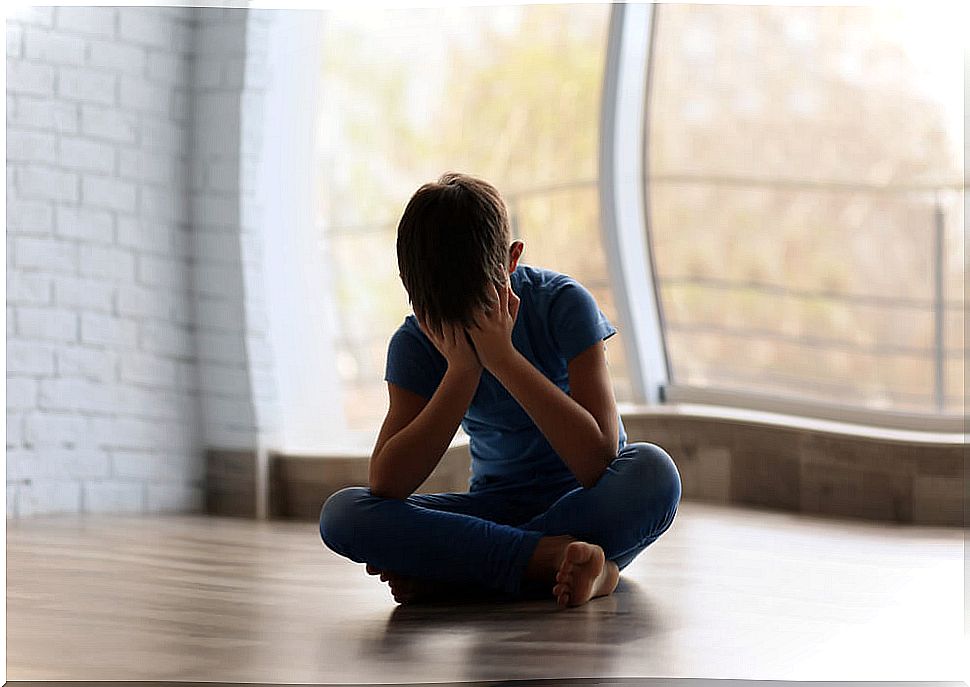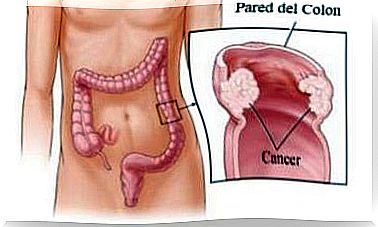Disruptive Mood Dysregulation Disorder
Disruptive Mood Dysregulation Disorder or TDDEA is a condition in which a child is chronically irritable and experiences frequent and severe outbursts of mood. These outbursts appear to be out of proportion to the situation at hand.
TDDEA is a new disorder created to more accurately categorize some children who have already been diagnosed with pediatric bipolar disorder. However, these children had not experienced periods of elevated mood or mania.
Disruptive Mood Dysregulation Disorder
Disruptive mood dysregulation disorder is a relatively new term in clinical psychology and psychiatry. It must be borne in mind that some of the symptoms, which we will see later, can also be seen in a wide variety of childhood psychological disorders.
Some examples of these alterations are:
- Bipolar disorder
- Oppositional defiant disorder.
- Attention deficit disorder.
- Hyperactivity
That is why the idea of creating a new concept such as TDDEA had its foundation. The aim was to be able to include tantrums and fits of anger in the diagnosis.
Finally, it has been questioned whether Disruptive Mood Dysregulation Disorder was different enough from the others already exposed to be treated differently. However, studies have been carried out that indicate that there is a disparity both in etiology, evolution and neurobiological bases.
How is TDDEA diagnosed?
In order to make a satisfactory diagnosis of Disruptive Mood Dysregulation Disorder, a series of diagnostic criteria are described. Its symptoms and exceptions are included.
In addition, it is necessary to know that the diagnosis cannot be made, in any case, before 6 years of age. This is because, in these stages, both tantrums and outbursts of anger are common and normative.
On the other hand, the symptoms that we will see below cannot be better explained by some other medical condition. As well as by the consumption of any drug or substance so that a correct diagnosis can be made.
Symptoms of TDDEA
Symptoms occur in boys or girls between the ages of 6 and 18. In general, symptoms begin to develop before age 10.
Patients experience severe and recurrent outbursts of anger in response to common stressful situations. These outbursts are incongruous with the child’s developmental level.

In addition, the child’s mood between outbursts of anger is consciously irritable or irascible. On the other hand, these outbursts have an average appearance of 3 times a week.
Another characteristic of children with this disorder refers to the frequent outburst pattern. In addition to consistent anger or irritability between outbursts, this continues for 12 or more months and without a break in symptoms of 3 or more months.
Finally, the symptoms of this disorder can appear in various contexts. For example, at home, at school or in some social context.
What is your treatment?
Disruptive mood dysregulation disorder is a very novel concept. Therefore, the treatment is still in the research and development phase. However, there are a number of medications that, combined with adequate psychotherapy, have given positive results.
Thus, the drugs used would be stimulants and antidepressant drugs such as selective serotonin reuptake inhibitors. Furthermore, as mentioned, the most appropriate protocol would be to combine this medication with psychological therapy.

Psychological therapies
Within the wide range of psychological therapies, the most recommended in this case would be the so-called applied behavioral analysis. This technique consists of substituting inappropriate behaviors for others that are functionally equivalent, but more desirable. To do this, he uses the principles and techniques of learning to be able to modify unwanted behavior.
The active role that the parental figure present in the child’s life must not be left behind at any time. Only by working together with your doctor can you learn to better manage your disorder.
Finally, it should be mentioned that disruptive mood dysregulation disorder has been criticized for the drug treatment applied to minors who suffer from it. The true need to medicate children has been questioned.









